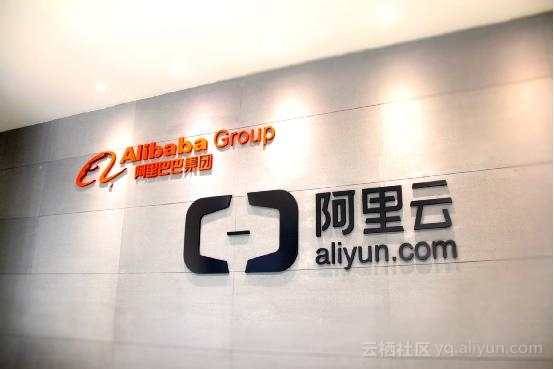On January 3rd, Alibaba Group disclosed that it paid 23.8 billion yuan in taxes in 2016, driving the platform to pay over 200 billion yuan in taxes. Over the past decade, the cloud computing platform, which has been invested in research and development without cost, has become one of the world’s three largest cloud service providers. This series of digital releases indirectly responds to the recent debate between virtual and real economy: there is no distinction between virtual and real economy, and new technologies and new energy are becoming the innovative burden of the new real economy.
Chinese manufacturing meets the wave of technology
The world is getting used to the Internet taking over all aspects of life, artificial intelligence, unmanned driving, virtual reality, unmanned aerial vehicles These seem to be getting farther and farther away from the labor-intensive industries in our impression, but can a manufacturing factory use these cool black technologies specifically? For every one thousandth increase in yield rate, we can save millions of production costs. “GCL Photovoltaic, which produces silicon wafers, is using cool black technology to increase profits.
If the machine breaks one piece, we have to pay an extra cost. “By analyzing the data returned by the slicing equipment, GCL Photovoltaic has become a pioneer in improving the yield rate among similar enterprises. This is consistent with the thinking of international giants, and GE is also analyzing the massive data returned by engines to monitor and optimize production processes, achieving an increase in profit margins.
Coming to the factory of XCMG, it seems to be the same as the blueprint of Industry 4.0 described by Germany. The robotic arm accurately and quickly executes the instructions set by the program, and the sensors installed on the equipment transmit real-time data to the background. The computing platform analyzes historical and real-time data and corrects the output of the production program.
Data and computing are solving key problems in the manufacturing industry, but without setting high capital thresholds, both large and small workshops seem to benefit from the inclusive benefits of technological innovation. Fishermen in Zhoushan fishing grounds have also begun to comprehensively analyze fishery, ocean currents, and meteorological data, relying on data analysis results to plan fishing routes based on traditional experience.
Interestingly, these large and small factories use the scientific and technological achievements generated by the Internet. Alibaba has built the largest cloud computing platform in China to support its massive e-commerce platform, which has become the foundation for the transformation of Chinese manufacturing. This is because factories can finally obtain the ability to access computing device data “as soon as possible”, and such computing power does not require massive capital investment.
The ultra large scale general-purpose computing operating system Feitian independently developed by Alibaba can connect millions of servers around the world into a supercomputer, providing computing power to society through online public services.
This is also the foundation of the German Industry 4.0 model. According to a report released by Boston Consulting Group in 2016, China, as the world’s manufacturing center, will become the key to improving manufacturing efficiency through new technologies such as cloud computing, big data, and artificial intelligence in Industry 4.0.
If we were to give this trend a market value, Boston Consulting Group believes it would be a big business worth 6 trillion yuan. “Based on the powerful computing power brought by cloud computing to society, artificial intelligence will bring a 25% increase in production efficiency to China’s manufacturing industry
Defining the combination of “soft” and “hard” using the term “new real economy”
Small factories in the Pearl River Delta may have a deeper understanding of the Internet industry, because they are experiencing a huge “automation revolution”. Robots are used to solve the problem of labor shortage and produce better quality goods. The rising labor costs have also become a ray of light to promote the technological progress of factories.
Sensors are also popular, just like robots. Small factories in the Pearl River Delta have also begun to emulate multinational companies such as GE, installing ten sensors of various sizes on their robotic arms to collect all useful data during the production process. Because the storage and computing costs of data are no longer something that large factories can afford, factory owners can tell by typing on their calculators that they no longer need to spend huge costs, hire operations and maintenance personnel, and can still use the big data and cloud computing mentioned in the news.
The cloud computing technology from the Internet undoubtedly provides a new idea for the technological upgrading of the manufacturing industry. Transforming the best practices in the industry that have already been sorted out and the solutions that have already been implemented into a comprehensive solution, allowing factory owners to choose in a simpler and more transparent way, adopting cloud deployment methods, and implementing faster with reduced financial pressure.
GE’s engine has dozens of sensors, but it’s not for adding sensors, it’s for collecting data. The engine can be said to be a real economy, but the added data cannot be regarded as a virtual economy Wang Jian, Chairman of Alibaba Group’s Technical Committee, had previously expressed similar views in a media interview.
Use cloud computing, big data and artificial intelligence technologies born in the Internet to increase the strength of “software” for enterprises producing “hardware” and form a new real economy in China.


发表回复